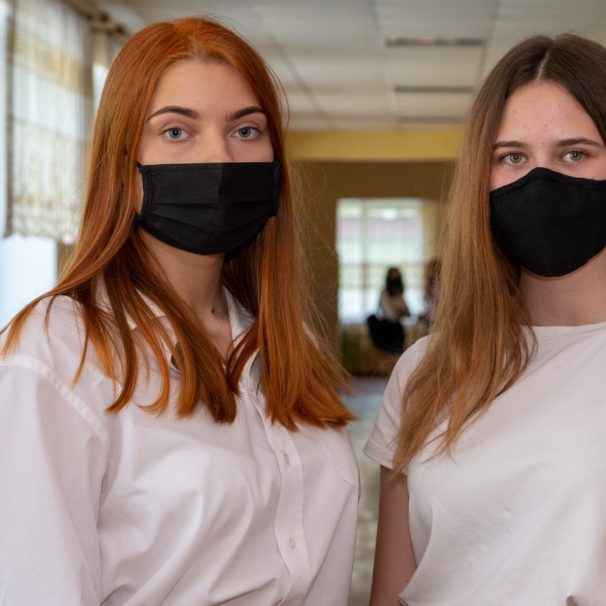I am not sure that a cloud as dark and as menacing as the COVID-19 pandemic can have a silver lining. Nevertheless, there have been several rays of light in these dark times. The NHS has been appreciated more; air pollution has improved, and many have used newfound IT skills to keep in touch via virtual meetings. In addition, it seems to me that there is a growing awareness of what schools do.
Having been forced to home school for a sustained period, numerous parents have found that playing school is no game at all. They have learned that engaging learners with their own learning and having to cover so many areas of the curriculum is both demanding and exhausting. They have come to understand that teaching a class of children is a craft that demands energy, enthusiasm, creativity, patience, emotional literacy and resilience.
I listened this morning to a breakfast television presenter express her surprise that some schools had to feed children. ‘When did this become a school’s responsibility?’ she asked. She had no concept that schools for some time have known that it’s hard for a hungry child to learn and that schools have all sorts of practices in place to meet the needs of the communities they serve. Breakfast clubs, free school meals, ‘fruit time’, ‘milk time’, food banks and teachers giving up their own lunch for a child that has ‘forgotten’ lunch again are all part of what schools do routinely. Other needs are met too, ranging from the provision of uniform to products tackling period poverty. I’ve known a headteacher buy and deliver a mattress to a home so that a child had somewhere to sleep and school staff buy Christmas presents for individuals that otherwise would have been the child that Santa Claus forgot. It’s not publicised. There is no fuss. The only agenda is caring and meeting need.
During the pandemic society has also become aware of just how inclusive schools have become and how school teams meet the needs of pupils with significant special needs. Numerous television reports have highlighted parents struggling to meet their child’s needs twenty-four seven without the expert input of schools and the respite they provide.
More recently it is being reported that referrals to social services fell significantly when schools were closed. Without the care and nurturing provided by schools, many children suffered. Without the safeguarding policy and practice of schools, children were left with no one to protect them. Social workers are reported to be facing a backlog of serious cases. The confidential and sensitive nature of this aspect of schools’ work means that it goes unnoticed by the public at large.
Vaccination promises to disperse the clouds cast by Covid-19. As the skies clear, there is hope that the general public will understand that schools do so much more than teach reading and writing. Developing academic ability is just part of what they do for all pupils. Social, moral and physical development are all part of the package designed to prepare learners for adult life. In addition, for many pupils, schools help ease the ravages of disadvantage. For some they offer protection and guard against abuse of many kinds.
It is not necessary to do it on door steps each Thursday evening, but it is time to applaud all that schools do.

